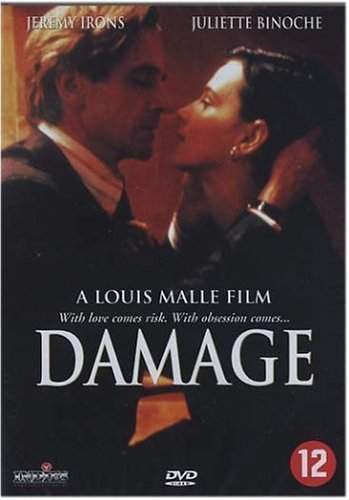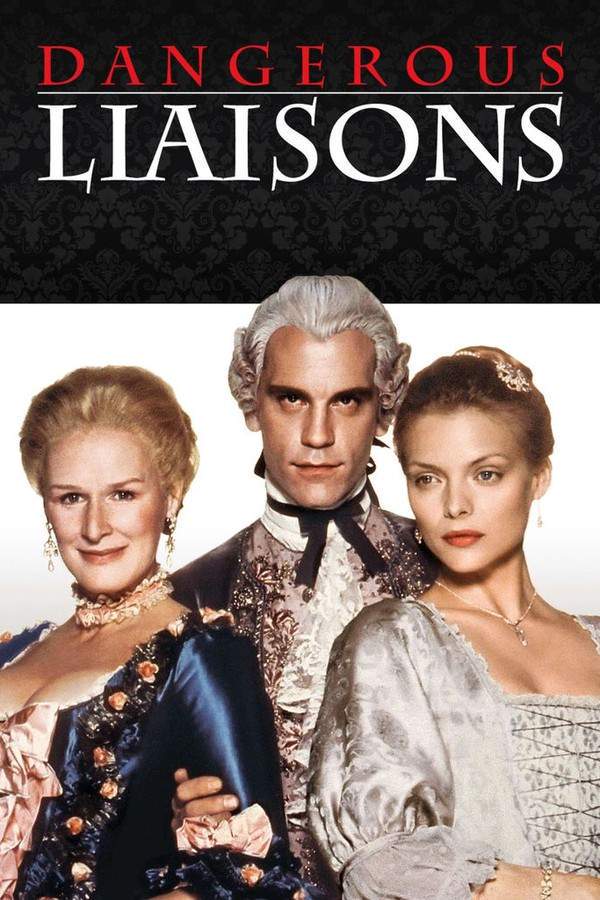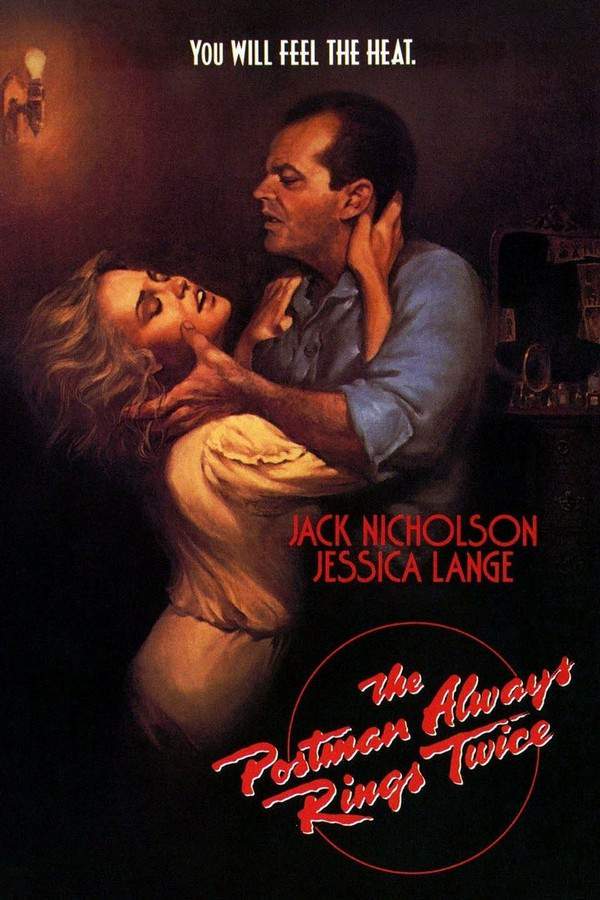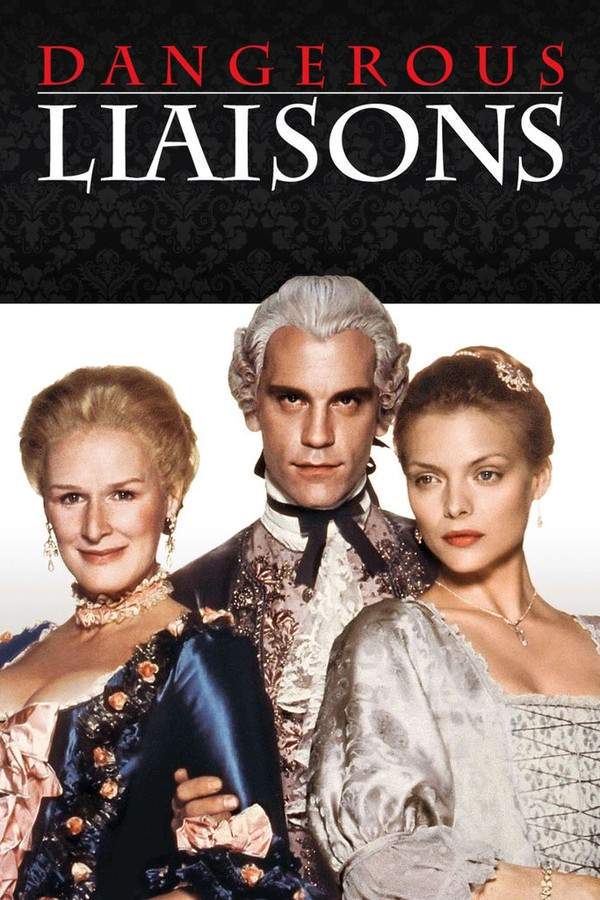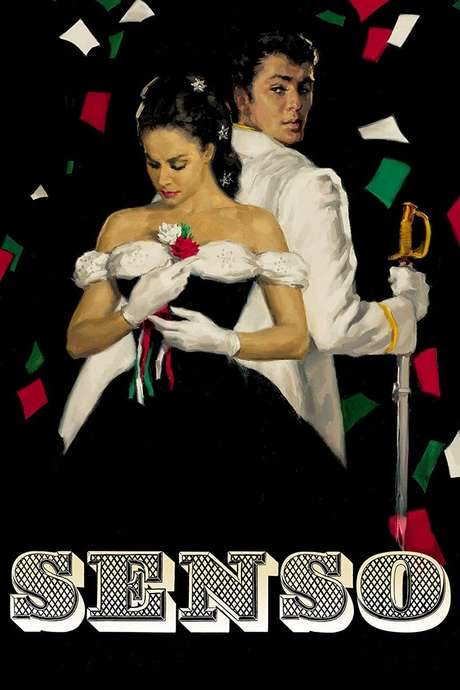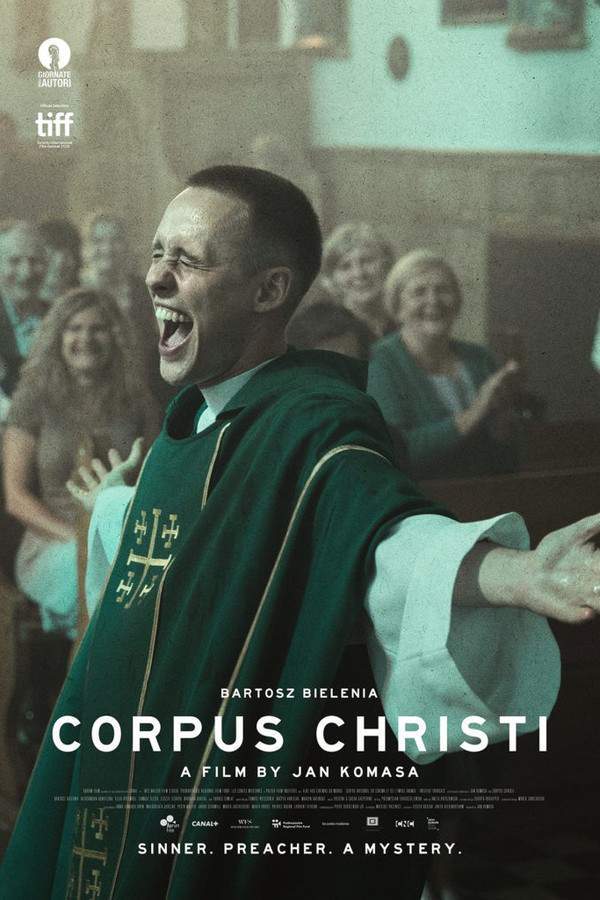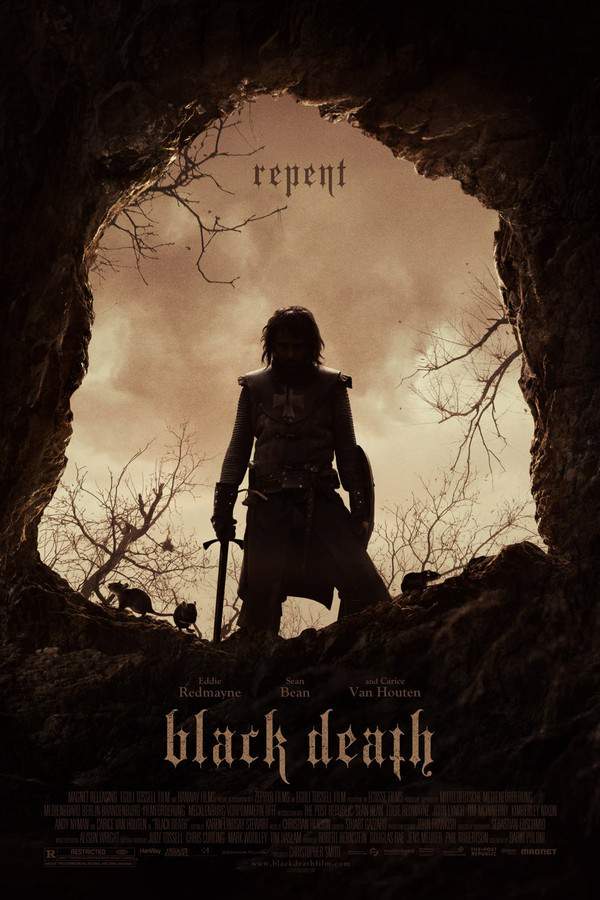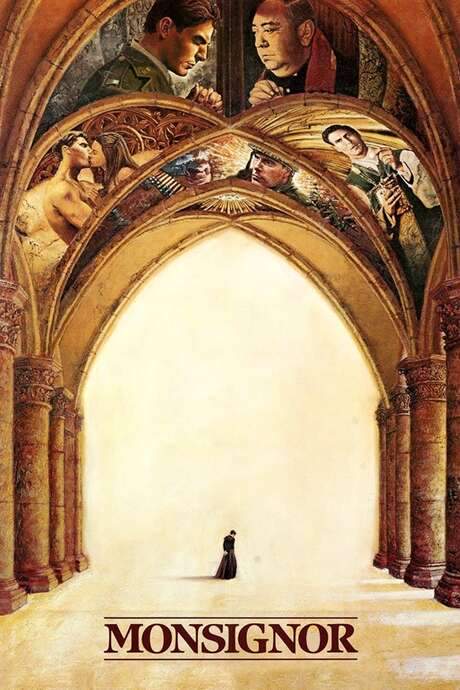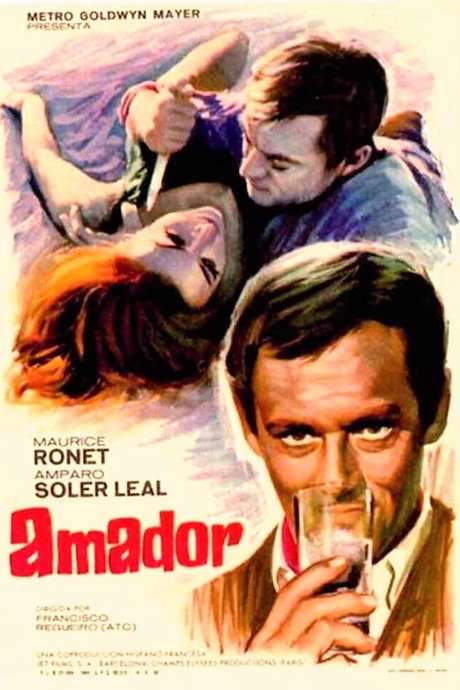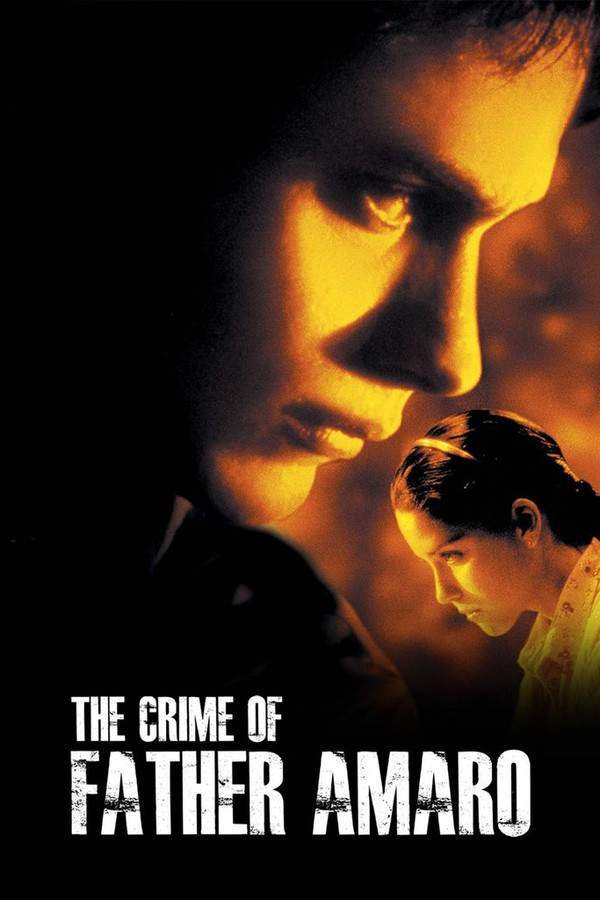
The Crime of Padre Amaro
Year: 2002
Runtime: 118 min
Language: Spanish
Director: Carlos Carrera
In a quiet Mexican town, the arrival of the spirited young priest, Father Amaro, disrupts the established order. He assists the elderly Father Benito but soon finds himself drawn into the older man's hidden past and confronted with his own internal conflicts. A passionate and forbidden romance develops between Amaro and the lovely teenager Amelia, leading to devastating consequences that challenge his faith and threaten to tear apart the community.
Warning: spoilers below!
Haven’t seen The Crime of Padre Amaro yet? This summary contains major spoilers. Bookmark the page, watch the movie, and come back for the full breakdown. If you're ready, scroll on and relive the story!
The Crime of Padre Amaro (2002) – Full Plot Summary & Ending Explained
Read the complete plot breakdown of The Crime of Padre Amaro (2002), including all key story events, major twists, and the ending explained in detail. Discover what really happened—and what it all means.
Recently ordained as a priest, 24-year-old Father Amaro makes his way to Los Reyes, a quaint town in the fictional state of Aldama, to embark on his journey within the church. As a protégé of a ruthless political bishop, he quickly discovers the moral complexities surrounding him. Meanwhile, the local priest, Father Benito, is embroiled in a scandalous affair with a local restaurant owner while simultaneously overseeing the construction of an expansive hospital funded in part by a drug lord. On the other hand, Father Natalio (Damián Alcázar), the lone priest depicted positively, faces scrutiny for his support of leftist insurgents in his remote parish.
In this small community, Amélia (Ana Claudia Talancón), a 16-year-old girl, plays a critical role as a catechism teacher for the town’s children. She is the daughter of Benito’s mistress and finds herself at a crossroads, contemplating a future with Rubén (Andrés Montiel), a budding journalist. Their relationship is fraught with tension, as Rubén’s non-belief clashes with Amélia’s staunch Catholic faith. Complicating matters further, Rubén’s father is an outspoken anti-clerical atheist, leading to resentment within the town.
Amaro’s attraction to Amélia quickly deepens, with their interactions becoming increasingly charged. During confession, she candidly explores the themes of love and sin, confessing to feelings she struggles to understand. Their dynamic intensifies when Amélia serves him at the restaurant, leading to a moment of innocent intimacy. However, as scandals surrounding Benito—such as his baptism of the drug lord’s newborn—surface, Rubén is thrust into a moral quandary. Encouraged by his father’s mountain of evidence, he exposes the truth about Benito’s hospital, only to face repercussions from the Catholic establishment, which pressures the newspaper to dismiss him. Heartbroken, Amélia ends her relationship with Rubén, unleashing a torrent of insults, leading to vandalism at his family home and an explosive encounter between him and Amaro.
The film poignantly captures the conflict between desire and the vows of priesthood. Amaro grapples with guilt as he becomes entangled in an affair with Amélia, quoting verses from the “Song of Songs” to woo her. Their relationship spirals out of control when Amélia becomes pregnant. Amaro proposes they flee the town to shield his secrets, yet Amélia concocts a plan to convince everyone that Rubén is the father. In a desperate bid for legitimacy, she seeks Rubén, who ultimately declines her advances.
Tensions mount when Benito threatens to expose Amaro’s actions, leading to a confrontation where Benito is injured in a fall. As the story unfolds, Amaro arranges for a backstreet abortion that tragically goes awry, causing Amélia to bleed profusely. In a frantic race to a city hospital, tragedy strikes, and Amélia dies before they reach safety, leaving Amaro in despair.
Though the local gossip spins a false narrative blaming Rubén for Amélia’s predicament, a handful of townsfolk, including Benito and a cynical old woman, know the harrowing truth. The community chooses to uphold a facade, commending Amaro for his misguided heroism. The film culminates in a somber funeral for Amélia, attended by mourners who fail to see the devastating reality beneath their pious sentiments. In the end, Benito, now wheelchair-bound, turns away in disgust, a testament to the corruption and moral decay that permeates their world.
Last Updated: November 08, 2024 at 01:46
Explore Movie Threads
Discover curated groups of movies connected by mood, themes, and story style. Browse collections built around emotion, atmosphere, and narrative focus to easily find films that match what you feel like watching right now.
Movies with Doomed Forbidden Romances like The Crime of Padre Amaro
Intense, illicit love affairs that challenge oppressive structures and end tragically.If you liked the tragic, illicit love story in The Crime of Padre Amaro, explore more films where characters risk everything for a passion that defies a powerful, repressive system. These movies depict intense, morally complex romances that often end in heartbreak and scandal.
Narrative Summary
Stories in this thread typically follow a protagonist who enters a restrictive system and forms a covert, deeply passionate bond with another. Their affair challenges the established order, forcing them to navigate secrecy, guilt, and escalating risk. The narrative arc is one of rebellion and subsequent punishment, culminating in a tragic outcome that underscores the system's power.
Why These Movies?
These films are grouped by their shared focus on a high-stakes, illicit romance as the central conflict. They create a similar emotional experience of intense passion shadowed by dread, moral conflict, and the crushing inevitability of a bleak conclusion, all set within an oppressive societal or institutional backdrop.
Movies about Moral Corruption and Crisis of Faith like The Crime of Padre Amaro
Stories of idealistic figures whose convictions are eroded by hypocrisy and desire.Explore films similar to The Crime of Padre Amaro that focus on a character's moral downfall within a compromised system. These stories depict a steady erosion of ideals, grappling with themes of religious hypocrisy, personal weakness, and the heavy consequences of ethical failure.
Narrative Summary
The narrative pattern follows a protagonist entering a system with strong ideals, only to discover its underlying corruption. Tempted by power, desire, or convenience, they begin to make compromises, rationalizing each step. The journey is a character study of a gradual moral collapse, leading to a climax where their hypocrisy is exposed, resulting in tragic fallout and a shattered sense of self.
Why These Movies?
These movies are united by their intense focus on a protagonist's internal moral conflict and eventual corruption. They share a dark, oppressive tone, a steady pacing that builds dread, and a heavy emotional weight centered on guilt, scandal, and the devastating cost of losing one's ethical compass.
Unlock the Full Story of The Crime of Padre Amaro
Don't stop at just watching — explore The Crime of Padre Amaro in full detail. From the complete plot summary and scene-by-scene timeline to character breakdowns, thematic analysis, and a deep dive into the ending — every page helps you truly understand what The Crime of Padre Amaro is all about. Plus, discover what's next after the movie.
The Crime of Padre Amaro Timeline
Track the full timeline of The Crime of Padre Amaro with every major event arranged chronologically. Perfect for decoding non-linear storytelling, flashbacks, or parallel narratives with a clear scene-by-scene breakdown.

Characters, Settings & Themes in The Crime of Padre Amaro
Discover the characters, locations, and core themes that shape The Crime of Padre Amaro. Get insights into symbolic elements, setting significance, and deeper narrative meaning — ideal for thematic analysis and movie breakdowns.

The Crime of Padre Amaro Spoiler-Free Summary
Get a quick, spoiler-free overview of The Crime of Padre Amaro that covers the main plot points and key details without revealing any major twists or spoilers. Perfect for those who want to know what to expect before diving in.

More About The Crime of Padre Amaro
Visit What's After the Movie to explore more about The Crime of Padre Amaro: box office results, cast and crew info, production details, post-credit scenes, and external links — all in one place for movie fans and researchers.

Similar Movies to The Crime of Padre Amaro
Discover movies like The Crime of Padre Amaro that share similar genres, themes, and storytelling elements. Whether you’re drawn to the atmosphere, character arcs, or plot structure, these curated recommendations will help you explore more films you’ll love.
Explore More About Movie The Crime of Padre Amaro
The Crime of Padre Amaro (2002) Scene-by-Scene Movie Timeline
The Crime of Padre Amaro (2002) Movie Characters, Themes & Settings
The Crime of Padre Amaro (2002) Spoiler-Free Summary & Key Flow
Movies Like The Crime of Padre Amaro – Similar Titles You’ll Enjoy
Corpus Christi (2020) Film Overview & Timeline
Battle in Heaven (2006) Spoiler-Packed Plot Recap
The Padre (2018) Detailed Story Recap
Padre Pio (2023) Detailed Story Recap
Corpus Christi (2019) Full Summary & Key Details
Roma (2004) Film Overview & Timeline
Monsignor (1982) Complete Plot Breakdown
The Penitent (1988) Film Overview & Timeline
The Priest (1978) Film Overview & Timeline
Herod’s Law (1999) Ending Explained & Film Insights
Amador (1965) Film Overview & Timeline
La mujer de mi padre (1968) Detailed Story Recap
Amar (2009) Full Movie Breakdown
The Bishop’s Bedroom (1977) Complete Plot Breakdown
Beyond the Flesh (2024) Detailed Story Recap

